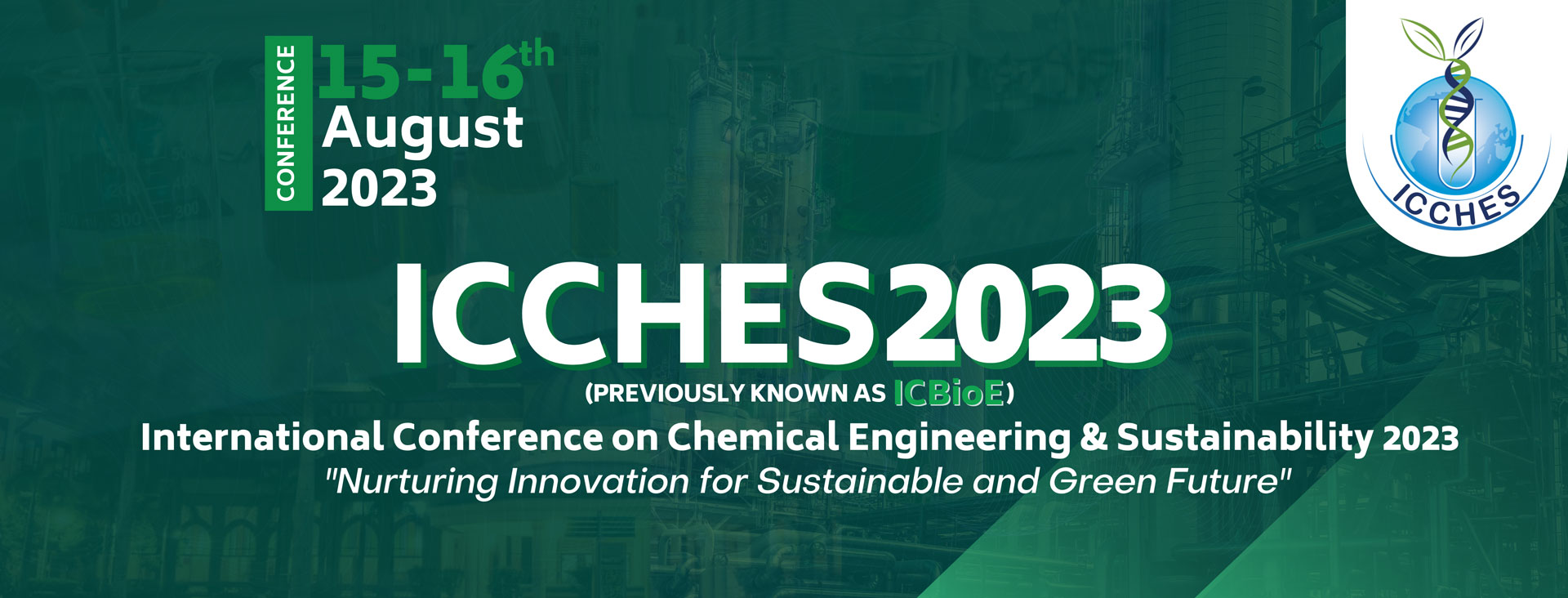KEYNOTE SPEAKER 1
Prof. Nimir Elbashir
Prof. Nimir Elbashir

Professor Elbashir holds a joint appointment as a professor in the Chemical Engineering Program and the Petroleum Engineering Program at Texas A&M University at Qatar. He is the director of Texas A&M’s Engineering Experiment Station Gas and Fuels Research Center (GFRC), a major research center involving 30 faculty members from the College Station and Qatar campuses of Texas A&M University (http://gfrc.tamu.edu/). He has extensive research and teaching experience from four countries worldwide, including his previous position as a researcher at BASF R&D Catalysts Center in Iselin, New Jersey. His research activities focus on designing advanced reactors, catalysts, and conversion processes for natural gas, coal, and CO2 to ultraclean fuels and value-added chemicals. He has established several unique global research collaboration models between academia and industry, with research funds exceeding thirteen million dollars during the past eight years. He holds several U.S. and European patents and many scientific publications in peer-reviewed journals, conference papers, technical industry reports, and invited talks and conference presentations. The scholarship of his research activities has been recognized by awards from the Qatar Foundation, BASF Corp., Texas A&M University Engineering Experiment Station, Texas A&M University Qatar, the American Institute of Chemical Engineers, Shell, ORYX GTL Co., and others. Professor Elbashir has been elected as a member of the Sudanese National Academy of Sciences (SNAS) since 2022.
Prof. Nimir Elbashir

Professor Elbashir holds a joint appointment as a professor in the Chemical Engineering Program and the Petroleum Engineering Program at Texas A&M University at Qatar. He is the director of Texas A&M’s Engineering Experiment Station Gas and Fuels Research Center (GFRC), a major research center involving 30 faculty members from the College Station and Qatar campuses of Texas A&M University (http://gfrc.tamu.edu/). He has extensive research and teaching experience from four countries worldwide, including his previous position as a researcher at BASF R&D Catalysts Center in Iselin, New Jersey. His research activities focus on designing advanced reactors, catalysts, and conversion processes for natural gas, coal, and CO2 to ultraclean fuels and value-added chemicals. He has established several unique global research collaboration models between academia and industry, with research funds exceeding thirteen million dollars during the past eight years. He holds several U.S. and European patents and many scientific publications in peer-reviewed journals, conference papers, technical industry reports, and invited talks and conference presentations. The scholarship of his research activities has been recognized by awards from the Qatar Foundation, BASF Corp., Texas A&M University Engineering Experiment Station, Texas A&M University Qatar, the American Institute of Chemical Engineers, Shell, ORYX GTL Co., and others. Professor Elbashir has been elected as a member of the Sudanese National Academy of Sciences (SNAS) since 2022.
KEYNOTE TITLE & BRIEF
Decarbonization technologies for the natural gas processes as the transition energy source
Gas to Liquid (GTL) conversion of natural gas to synthetic fuels (Syncrude) expands the value-chain of natural gas utilization where plants like the Bintulu and the Pearl GTL plants are typical cases. However, the CO2 emissions from GTL processes, estimated at 314 kgCO2/bbl. Syncrude, negatively impact the carbon footprint of the ultra-clean fuels produced from the GTL plant. Natural gas reforming is the first-step in the GTL plant and emits up to 60% of the CO2 emission of the entire process. Therefore, decarbonization of the reforming process is imminent to reduce the CO2 footprint of the GTL products. CARGEN-based reformer unit demonstrated a 40% reduction in CO2 footprint compared to the benchmark reforming processes and is therefore considered an attractive candidate for decarbonizing the GTL and other chemical process plants. CARGEN-based reformer comprises two integrated reactors that sequentially convert natural gas and CO2 to multi-walled carbon nanotubes (MWCNTs) and downstream compatible syngas. The co-production of MWCNTs presents significant economic incentives unmatched by the benchmark reforming processes while bringing CO2 sustainability. In this work, we present a retrofitting case study of state-of-the-art Autothermal Reformer (ATR)-based GTL plant that produces 50,000 bbl./day of Syncrude using CARGEN-based technology. We demonstrate that the implementation of the CARGEN technology results in a net CO2 emission of 84 kg CO2/bbl. Syncrude, which is a 73% reduction compared to the 314 kg CO2/bbl. emission of the ATR-based GTL plant. CARGEN implementation also requires a 79% less oxygen than the ATR-based GTL plant. Also, the additional functionality of CO2 abatement results in the co-production of 243 kg MWCNTs/bbl., however, at a 61% higher methane requirement. Nevertheless, our comprehensive economics assessment entails the opportunity for 1.2 M USD/day additional revenue generation upon CARGEN implementation. Ultimately, the outcome of this study encourages CARGEN-based chemicals and refinery plants that co-produces syngas, hydrogen, and MWCNTs from CO2 and natural gas as an integrated decarbonization solution.
Important
Dates
